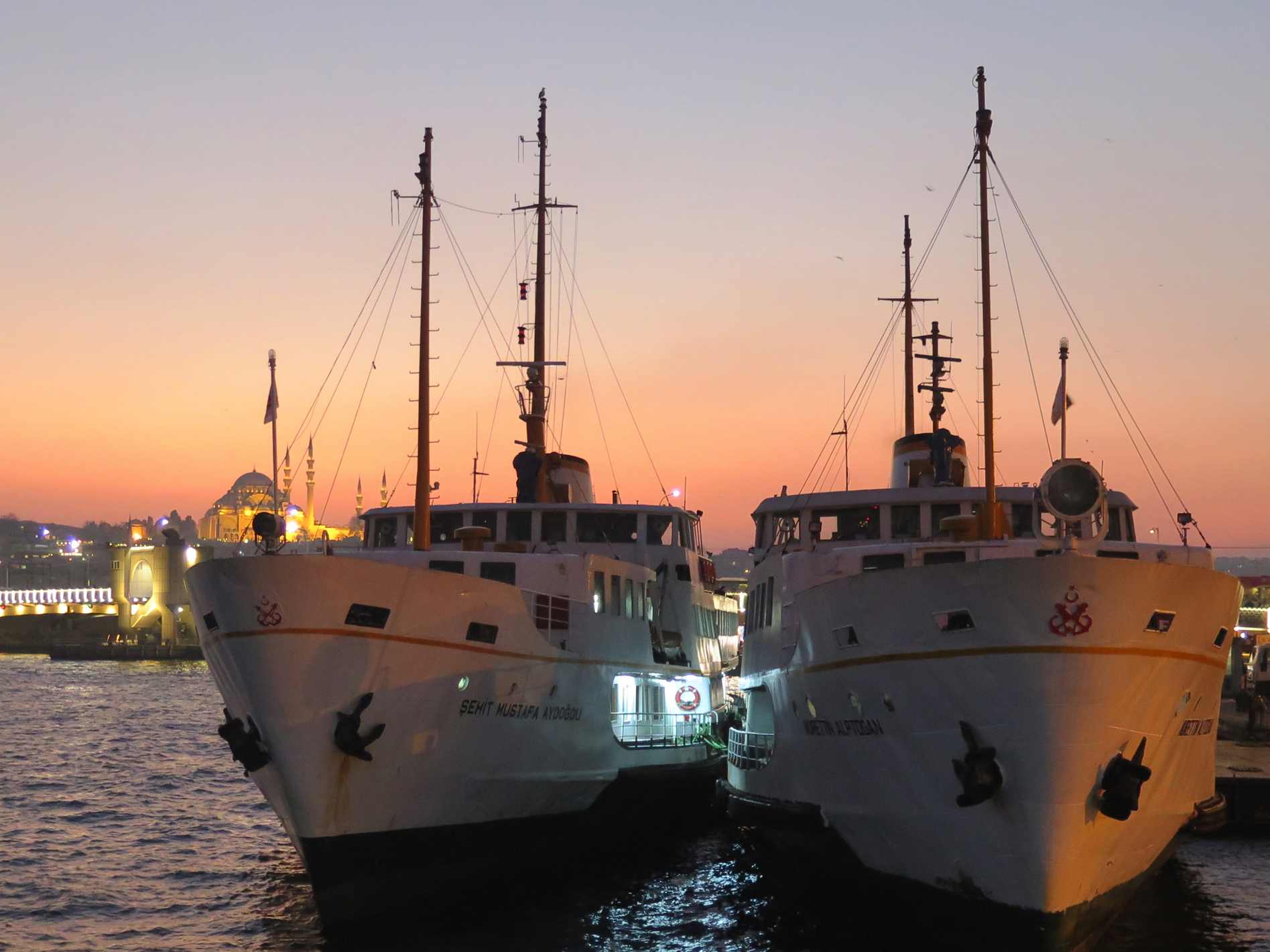
The history of modern Turkey provides the student an important opportunity to examine a crucial nation bridging Europe and the Middle East, through the lenses of democracy and dictatorship, globalisation and nationalism, revolution and reform, and tolerance and genocide. This course explores late Ottoman and Turkish Republican history from 1789 to the present. The following topics are studied: Global change and the Ottoman ‘New Order’, 1789-1807; the reforms of Mahmut II and the Tanzimat; reform and repression in the Hamidian era, 1876-1908; Salonica as window onto Ottoman transformations; the revolution of 1908; the Committee of Union and Progress and the Balkan Wars, 1908-1913; Talat Pasha, World War I, and the Armenian genocide; the collapse of the empire; Greco-Turkish wars, 1918-1922; Mustafa Kemal and the new Republic, 1923; the revolutionary changes wrought by Kemalism, 1923-1945; Turkey and World War II; transition to democracy, 1945-1950; democratising reforms, 1950-1960; the three coups of 1961, 1970, and 1980; political Islam in Turkey since the 1970s; the Turkish diaspora in Europe; the Kurdish issue since the 1980s; opening up to the world, 1983-1991; and Recep Tayyib Erdogan: new Atatürk, new caliph.
